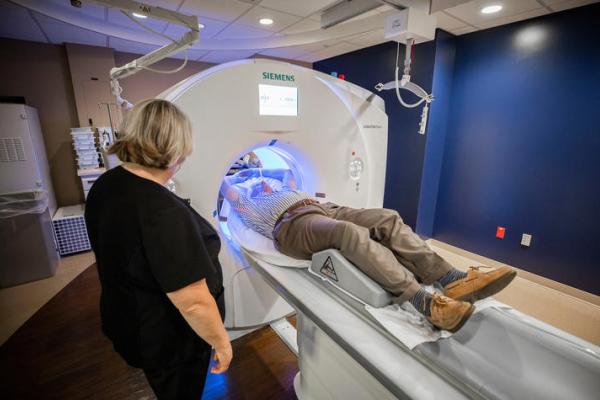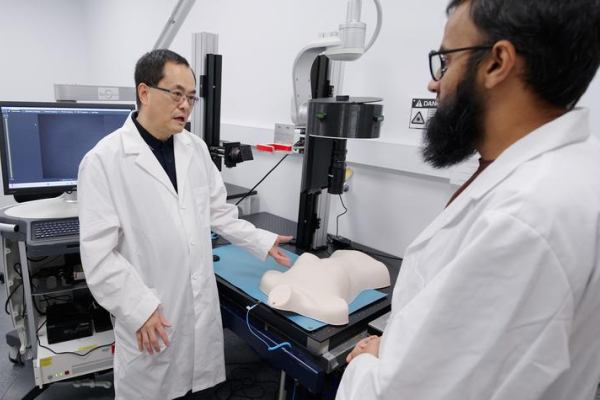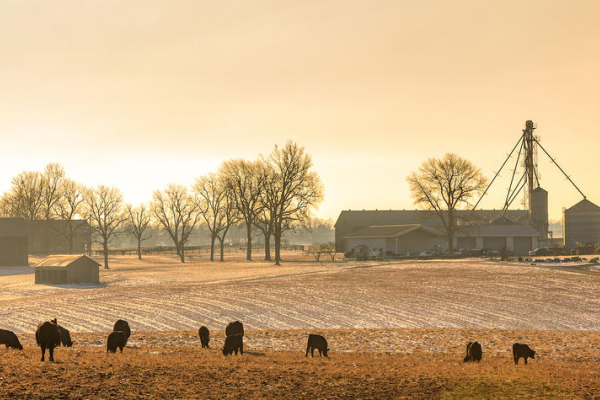Markey study examines Kentucky cancer survivors’ increased risk of cancer incidence

While cancer survivors have an increased risk of developing cancer in the future, that risk is notably higher in Kentucky and Appalachian Kentucky, according to a new University of Kentucky Markey Cancer Center study.
The population-based study, published in Frontiers in Oncology Aug. 17 shows that cancer survivors residing in Appalachian Kentucky had a significantly increased risk of developing cancer again (either the same cancer or a new type of cancer) compared to those in non-Appalachian Kentucky. In addition, results show that survivors of smoking-related cancers in both Appalachian and non-Appalachian Kentucky were more likely to get cancer again.
Kentucky has the nation’s highest cancer incidence and mortality rates, with Appalachian Kentucky bearing the greatest burden, driven by disparities in health behaviors like smoking, and lower rates of cancer screening.
The study's findings highlight the necessity for and will help to inform ongoing prevention interventions among cancer survivors in Kentucky.
"The higher risk of subsequent cancers, especially in Appalachia, emphasizes the importance of targeted interventions to address the specific challenges faced by survivors in this region,” said the study’s lead author Jill Kolesar, Ph.D., a professor in UK’s College of Pharmacy, director of UK Markey Cancer Center’s Precision Medicine Center and co-director of Markey’s Molecular Tumor Board.
The research team examined data from more than 148,000 adult-onset cancer survivors who were diagnosed with first primary cancers (FPCs) between 2000 and 2014 and followed them for at least five years post-diagnosis. More than 12% of the survivors developed cancer again.
Among both men and women survivors, larynx and lung cancers were linked with the highest risk of developing cancer again. Laryngeal cancer survivors were found to have 2.5 times higher risk of developing another cancer.
While survivors from the Appalachian region were shown to have an increased likelihood of subsequent cancers overall, their risk did not increase for smoking-related primary cancers when compared to non-Appalachian Kentuckians.
More from this series Research Priorities - Cancer
Credits
Elizabeth Chapin (Public Relations & Strategic Communications)


